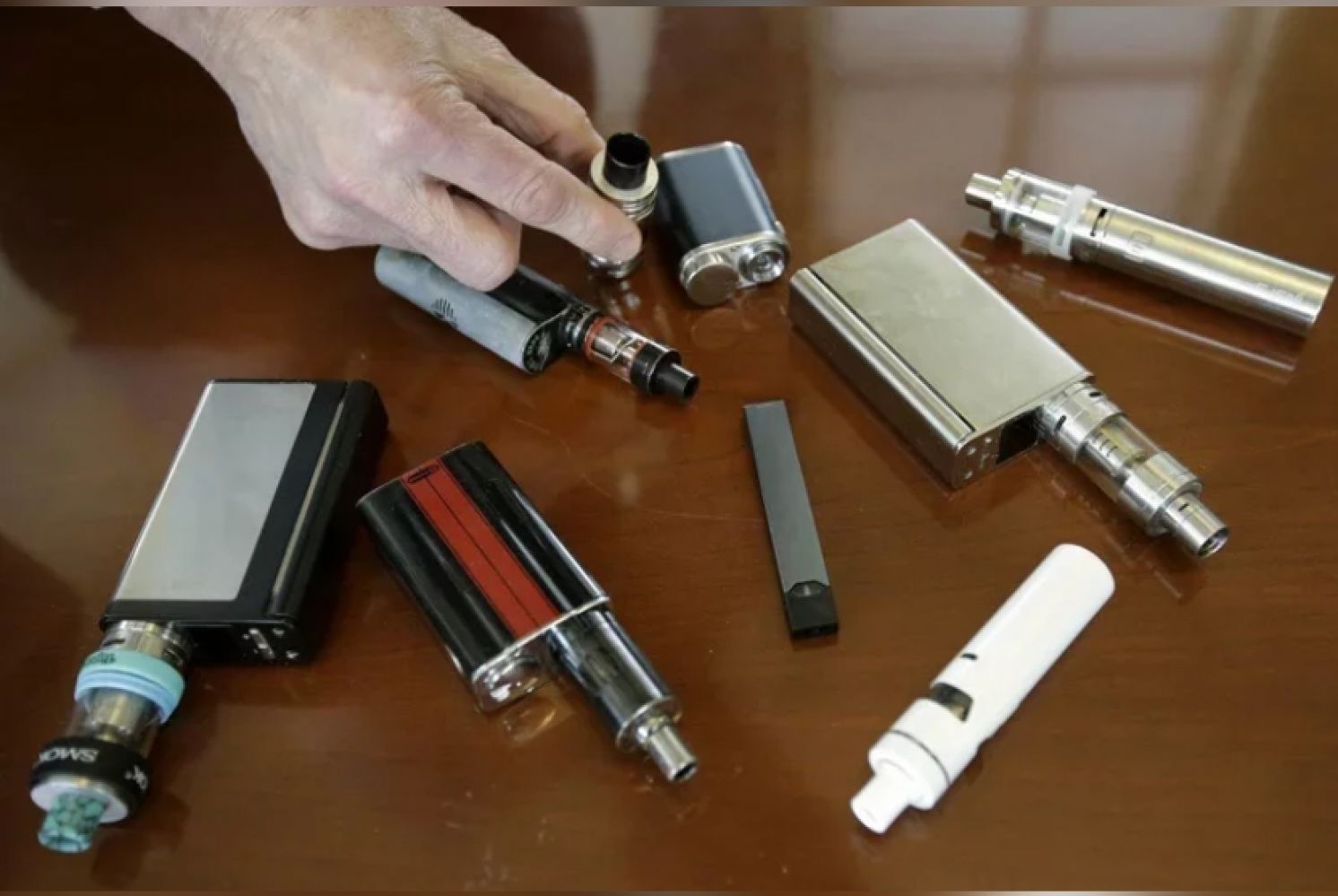
This Week in Taiwan 0306-0312
March 8: According to American media reports, the administration of President Joe Biden is pushing to transfer a batch of F-16 fighter jets originally intended to be sold to Taiwan for Poland as compensation for Poland’s assistance to Ukraine with Russian-made MiG-29 fighter jets. The Air Force Command called the report as pure conjecture and indicated that the United States has no such plan.
Poland proposed on March 8 to donate its 28 MIG-29 fighter jets to the U.S. military base in Germany and transfer them to Ukraine. The U.S. Department of Defense said on March 10 that the jets were refused.
March 8: Spokesman Zhao Lijian of the mainland's Ministry of Foreign Affairs stated that according to American data, the United States has 26 biological laboratories in Ukraine. The U.S. Department of Defense controls 336 biological laboratories in 30 countries around the world in the name of cooperation in reducing biosecurity risks and strengthening global public health.
The remarks remind observers in Taiwan of a proposal by members of Congress at the end of last year to set up an infectious disease surveillance center at the American Institute in Taiwan.
March 9: The government procurement website published that Taiwan and the United States have officially signed a contract for the United States to sell Taiwan a field information communications system (FICS), including the network management system and related technical support and personnel training. It can not only establish complete communications during combat but also can be used by the Armed Forces to help with disaster relief in areas with poorer communication signals. The winning bid amounted to about NT$6.9 billion (about US$242 million) and will be completed by September 2025.
March 9: President Tsai Ing-wen welcomed Prime Minister John Briceño of Belize and his wife with a grand military salute and conferred him a Special Order of Propitious Clouds with Special Grand Cordon. President Tsai stated that it will be 33 years since the two countries established diplomatic relations, and she looks forward to deepening the relationship. This is also the first time that Taiwan has greeted a foreign leader with a military salute since the outbreak of the coronavirus (COVID-19) pandemic at the end of 2019.
March 10: At the Legislative Yuan, Deputy Minister of National Defense Bai Hung-hui stated that as of the morning of March 10, a total of 223 aircraft has intruded Taiwan's air defense identification zone (ADIZ) this year, more than the same period last year. He also confirmed that the People's Liberation Army (PLA) aircraft which crashed in the South China Sea in early March was the Yun-8, but it was unclear whether the aircraft had previously disturbed Taiwan.
March 11: The United States announced a ban on Russian oil imports, and international crude oil prices continued to soar. Taiwan's CPC Corporation started the oil price stabilization mechanism by which the CPC Corporation absorbs half of the price increase. But the most popular 95 unleaded gasoline broke NT$33 per liter (about US$5.26 per gallon), hitting a seven-year high.
March 12: President Biden signed on March 11 the budget bill for fiscal 2022, which for the first time prohibits the executive branch from using funds to produce, procure, or display any maps that incorrectly indicate Taiwan's territory. The Ministry of Foreign Affairs expressed its gratitude.
March 13: This session of the Legislative Yuan will discuss the latest revision of the Tobacco Hazards Prevention Act, which intends to ban electronic cigarettes and permit heated cigarettes. Experts indicate that permitting heated cigarettes may be the third policy of the administration of President Tsai Ing-wen administration after U.S. ractopamine pork and Japanese Fukushima food to regress its bottom line. Some describe the measure as a modern version of the "Opium War."
Since the U.S. Food and Drug Administration permitted heated cigarettes from May 2019, the Ministry of Health and Welfare has faced enormous lobbying pressure to lift Taiwan's ban.